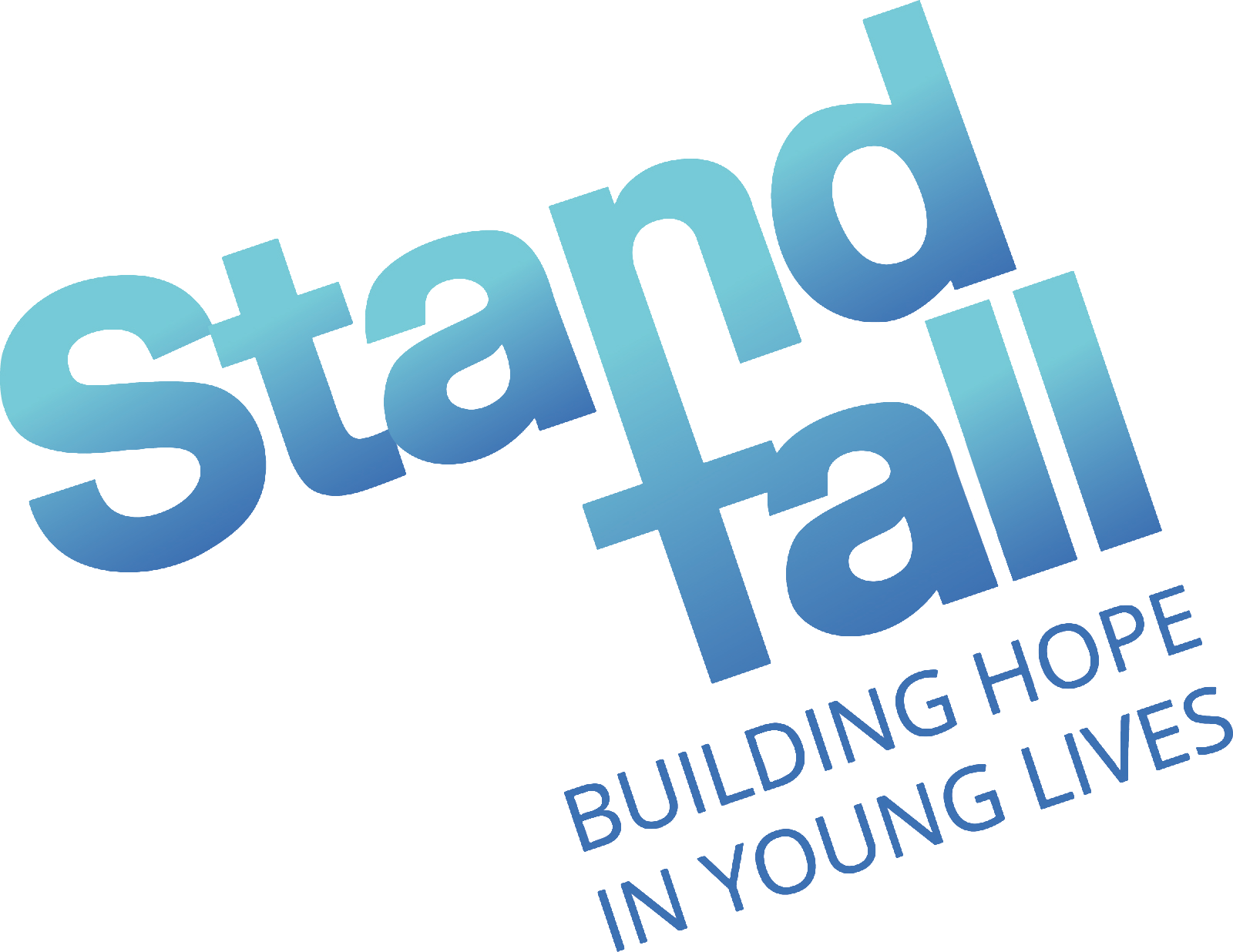Stand Tall Tamworth: answering the need for Regional Youth mental health support
Mental health remains a critical issue among Australia’s young people. Stand Tall strives to support cohorts in metropolitan and regional areas across Australia, with students facing the same strains and anxieties that come with school, friendships, self-esteem and more.
Stand Tall’s latest impact report found that students in regional areas such as Tamworth, NSW, faced similar challenges and mental health struggles as their counterpart cohorts in metro areas of Sydney and other major cities – in some instances, the impacts are more significant.
Consistent with results from other, more populated locales, students in Tamworth face frequent feelings of stress and anxiety; an increasing number as students progress to senior school. This result is consistent with Reach Out’s latest report on the mental health of young people in regional areas, with 18 to 19-year-olds most likely to be impacted by poor mental health.
Our survey findings from Tamworth also revealed the area is bucking a trend from other cities, with regional students finding a greater challenge in managing social media consumption – almost 3 out of 5 are happier to interact via social media, but that consumption is associated with higher rates of low self-esteem, anxiety, and depression. This is something that may be consistent with the isolating feeling that can sometimes arise from being in smaller, more rural areas.
The study also identifies another challenge among the Tamworth cohort, and it’s a similar case in surrounding regional areas. The region’s community of Aboriginal and Torres Strait Islander students experience between 5-8% lower levels of wellbeing respectively, compared to their peers. While still remaining connected to education and friends, those students who identify as Aboriginal and/or Torres Strait Islander are less likely to feel positive about the future and believe they have a greater challenge due to feeling unfairly treated because of their cultural background. These results indicate how even more vital access to programs such as Stand Tall events are in empowering and supporting these vulnerable groups.
Further to this, Stand Tall research also indicates that a greater breadth of students in regional areas attend events compared to those in metro areas. This means there is an even greater opportunity to reach wider student audiences and make an early impact in improving mental health literacy with educational and support programs.
How Stand Tall works to improve youth mental health literacy…
The findings and feedback from Stand Tall’s 2022 event in Tamworth leave little doubt of the positive impact of the event in improving literacy and boosting wellbeing in students in regional areas. The event, held in October, saw a turnout of 2,759 students across years 7-12, from 34 schools across regional NSW.
Qualitative analysis from students and teachers indicated the benefit of:
Hearing from adults with lived experiences, with Michael Crossland’s talk being of particular note.
Normalising conversations around mental health, directly addressing barriers to help-seeking behaviour.
An opportunity to connect with speakers and as a student community in a meaningful and compassionate way.
After the day’s events, students described feeling motivated and inspired, with 90% of the cohort recommending returning to the event the following year. One student said, “Stand Tall has inspired me to be my own person, to reach out for help when needed and to realise that I will always strive for the better goal.”
Overall attendee wellbeing also saw a 4% increase – an impressive feat for one-day’s intervention. This impact indicates not only the importance of hosting such an event, but also the need for similar events to occur regularly to ensure the ongoing improvement of student wellbeing. An important aspect of these events is not only to listen, but to be heard and connect with likeminded people outside of their usual circles.
“We’re with [our students] every day and we love them and we’re able to try and communicate that, but we need events like this so that they can meet others, hear other people’s stories and network with other people as well.”
By granting more funding to organisations like Stand Tall we can continue this momentum of improving the wellbeing of students in regional areas to ensure they thrive and always feel supported. One-day events serve as the catalyst to expand on mental health conversations and ongoing targeted programs to support students during such challenging times in their lives and equip them with the knowledge they need to know when to reach out and the avenues of help available.
